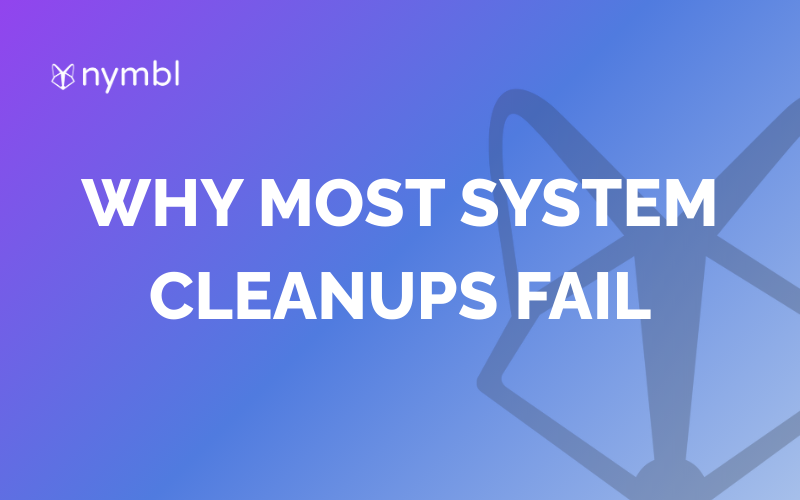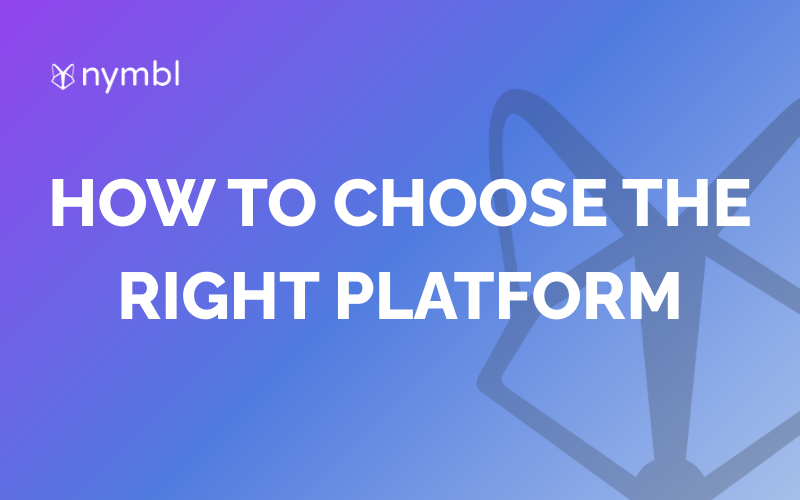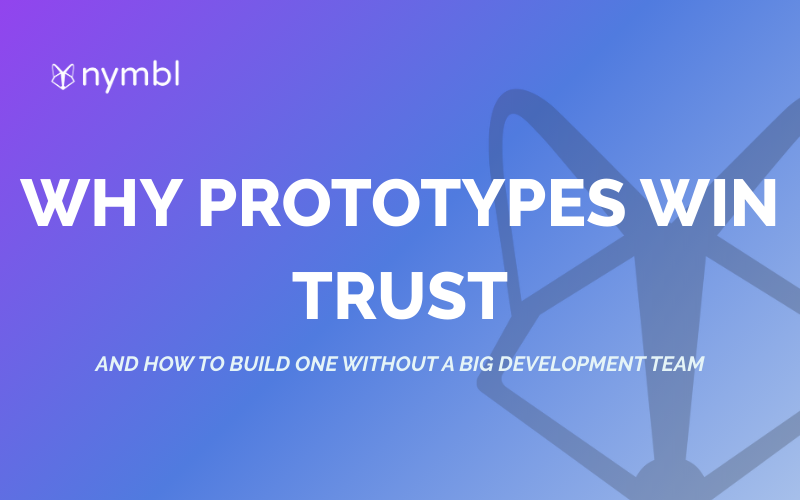Why Data Readiness Is the Bedrock of Successful AI Implementation
What Is Data Readiness?
Before diving into artificial intelligence (AI), organizations must confront a fundamental question: Is our data ready? Data readiness refers to the degree to which an organization's data is accurate, accessible, consistent, and appropriately structured for advanced technologies like AI and machine learning (ML). It’s not just about having data but about having usable data that aligns with the goals of your AI strategy.
Key dimensions of data readiness include:
- Availability: Can data be easily accessed, extracted, and queried across systems?
- Accuracy: Are there errors, duplicates, or outdated entries?
- Completeness: Are all necessary data fields present and properly populated?
- Timeliness: Is your data current enough to be relevant for real-time decisions?
- Consistency: Are the formats and naming conventions standardized across datasets?
- Ethics & Governance: Are privacy, consent, and compliance considerations built in?
Why Data Readiness Matters for AI
Trying to implement AI without data readiness is like building a skyscraper without surveying the land. You may get off the ground, but it’s likely to collapse.
Here’s why data readiness is essential:
- Model Accuracy: High-quality, consistent data leads to more reliable AI predictions and insights.
- Faster Time to Value: Clean and structured data accelerates development and reduces debugging time.
- Operational Efficiency: When your data is well-organized and accessible, it reduces overhead costs and manual data wrangling.
- Risk Mitigation: Good data governance ensures compliance with regulations like GDPR and HIPAA, protecting organizations from legal consequences.
- Scalability: AI systems that rely on well-structured, clean data can scale more effectively across use cases and departments.
- Inaccurate Insights: Poor-quality or biased data leads to flawed predictions and recommendations.
- Project Delays and Overruns: Cleaning and restructuring data mid-project adds cost and complexity.
- Lack of Stakeholder Trust: If initial AI outputs are inconsistent, internal buy-in becomes difficult.
- Security and Legal Risks: Poorly governed data can expose an organization to compliance violations or data breaches.
How to Achieve Data Readiness
1. Conduct a Data Inventory: Create a map of all your data sources—internal databases, SaaS platforms, external feeds—and evaluate their relevance to your AI goals.
2. Align Data Strategy with Business Goals: Determine which datasets are truly needed to train your models. This helps avoid over-collection and focuses cleanup efforts.
3. Clean and Normalize Data: Standardize formats, resolve missing values, and address inconsistencies. Use tools for data deduplication and validation.
4. Establish a Governance Framework: Ensure privacy, compliance, and ethical standards. Define who can access what data, and why.
5. Enable Real-Time and Scalable Access: Use data pipelines, cloud storage, and APIs to feed AI systems with real-time, scalable data flows.
Data Readiness for AI in Healthcare: A Critical Imperative
While data readiness is a universal prerequisite for AI success, its importance becomes even more pronounced in industries where data complexity, privacy, and precision are non-negotiable—none more so than healthcare. The stakes are higher, the systems are more fragmented, and the consequences of getting it wrong can be life-altering. Healthcare organizations face unique data challenges that demand not only the foundational principles of data readiness, but also a deeper commitment to interoperability, compliance, and clinical accuracy. To truly unlock the transformative power of AI in healthcare, the journey must begin with a specialized lens on data preparedness tailored to the intricacies of this vital sector.
The High Stakes of Healthcare AI
In healthcare, the potential for AI is profound—think faster diagnoses, predictive analytics for patient outcomes, and operational efficiency across clinical workflows. But healthcare data is uniquely complex: it’s siloed across EHR systems, laden with regulatory constraints, and often captured in unstructured formats like physician notes, medical images, or faxes.
If your data isn’t ready, your AI initiative in healthcare is likely to hit a wall. Worse, it could lead to biased, incomplete, or even dangerous outcomes.
Challenges Specific to Healthcare Data
- Data Silos: Patient data is often spread across disparate systems (EHRs, labs, radiology, pharmacies) that don’t talk to each other.
- Unstructured Formats: Clinical notes, faxes, scanned documents, and voice dictations are rich in insight but hard to process without Natural Language Processing (NLP) and Optical Character Recognition (OCR).
- Regulatory Compliance: HIPAA and other regulations add a layer of complexity around how data can be accessed, used, and stored.
- Data Variability: Differences in documentation practices, coding standards (like ICD-10 vs. SNOMED), and even language can hinder data normalization.
- Interoperability Gaps: Lack of standardized APIs and data-sharing agreements creates friction when integrating AI across systems.
What Healthcare Organizations Should Do
- Conduct a Data Audit: Understand what data you have, where it resides, and who controls it.
- Clean and Standardize Data: Fix inconsistencies, normalize formats, and align with standard vocabularies and ontologies.
- Enable Interoperability: Leverage FHIR and HL7 standards to improve system connectivity.
- Implement Strong Governance: Ensure data use complies with HIPAA, including audit trails, de-identification, and access control.
- Invest in Infrastructure: Use cloud platforms, data lakes, and real-time ingestion tools to ensure scalable access to data for AI workloads.
The Opportunity Is Boundless—If You’re Ready
AI won’t replace clinicians—but clinicians using AI will outperform those who don’t. From personalized treatment plans to AI-driven triage systems, the possibilities are endless. But none of it is achievable without the groundwork of data readiness.
Healthcare organizations that prioritize data readiness today are the ones who will lead the future of intelligent, patient-centered care tomorrow.
Get Data-Ready with Nymbl
Achieving true data readiness isn't just a technical milestone—it’s a strategic advantage that sets the stage for impactful AI adoption. At Nymbl, we specialize in helping organizations assess, clean, connect, and govern their data to unlock its full potential. Whether you’re navigating fragmented systems, preparing unstructured data for AI, or ensuring compliance with strict industry regulations, our team brings the tools, experience, and expertise to move you forward with confidence.
For healthcare and beyond, we don’t just build AI solutions—we lay the foundation that makes them successful. If you're ready to take the next step toward intelligent, future-ready systems, partner with Nymbl to get your data where it needs to be—reliable, accessible, and ready for what’s next.
Ready to take the next step? Let Nymbl guide your journey to AI-ready data.






.png)


